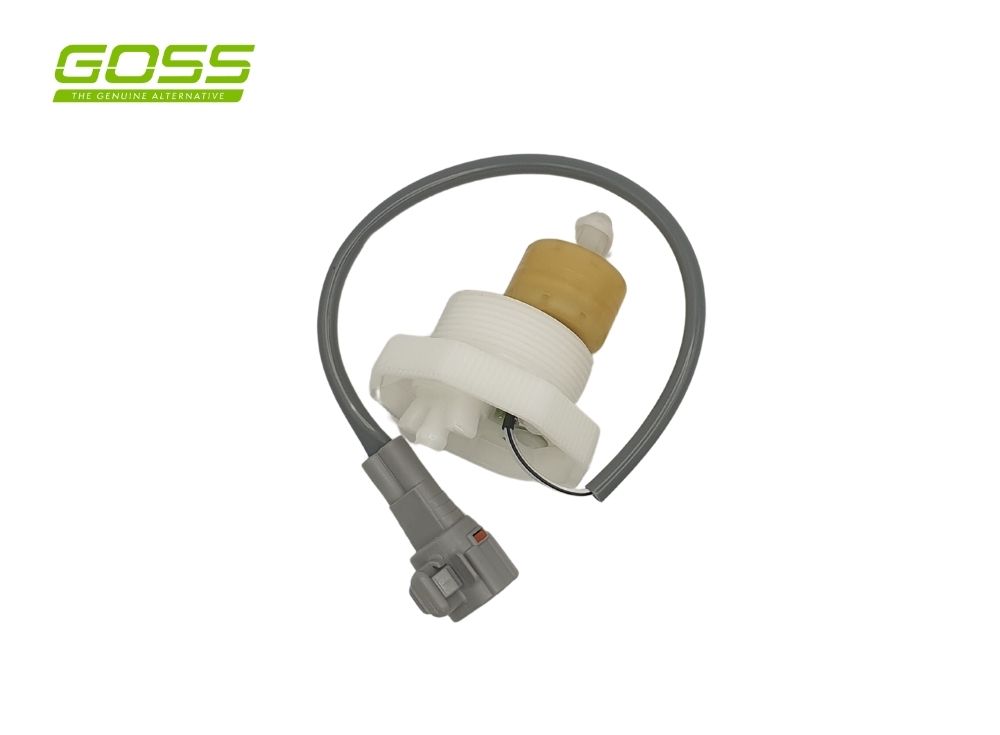Fuel Water Level Sensors
A fuel water level sensor is designed to monitor the level of water or contaminants in the fuel. It plays a critical role in ensuring the quality and integrity of the fuel within the vehicle's fuel and emission systems.
When a fuel water level sensor fails in a vehicle, several issues may arise including:
Incorrect Readings: A failed sensor may provide inaccurate readings or no readings at all. This can mislead the driver about any water or contaminants in the fuel system, potentially causing irreversible damage to the fuel system. This can show as a warning light on the vehicles instrument display.
Engine Performance Problems: Water in the fuel can lead to poor engine performance. It may cause misfires, rough idling, stalling, or difficulty starting the engine. If the sensor fails to detect water content, it could result in severe engine damage or failure.
Corrosion and Damage: Water in the fuel can lead to corrosion in various parts of the fuel system, including the fuel pump, injectors, and other engine components. A malfunctioning sensor that doesn't alert the driver to water content allows this corrosion to continue unchecked, potentially leading to expensive repairs.
Reduced Fuel Efficiency: Contaminated fuel, particularly with water, can affect the vehicle's fuel efficiency, leading to increased fuel consumption and decreased mileage.
Environmental Impact: Using contaminated fuel can result in increased emissions, which can have a negative impact on the environment.
To prevent these issues, regular maintenance and checks on the fuel system, including the fuel water level sensor, are crucial. Replacing or repairing a faulty sensor as soon as issues are detected is essential to maintain the vehicle's performance and longevity.
So, when you are looking for a quality replacement fuel water level sensor, or any replacement part, think of Goss for a true genuine alternative.


